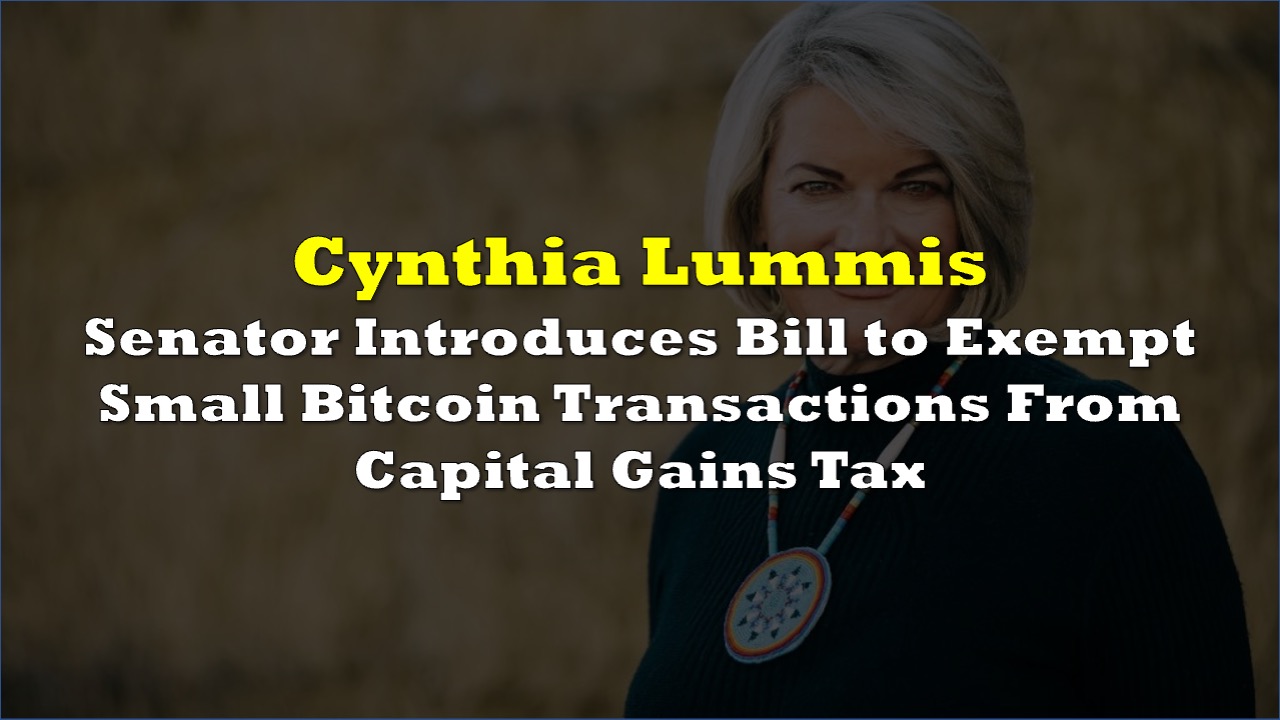Earlier this month, Senator Cynthia Lummis introduced legislation aimed at exempting small Bitcoin transactions from capital gains taxes, though cryptocurrency advocates say the proposed limits are too restrictive.
The Wyoming Republican’s bill would eliminate taxes on Bitcoin purchases of goods and services valued at $300 or less, with an annual cap of $5,000 per person. The thresholds would adjust for inflation starting in 2026.
The proposal comes as speculation grows about broader capital gains tax cuts under President Donald Trump, with some prediction markets showing increased odds for federal cryptocurrency tax reform.
🇺🇸 WHITE HOUSE JUST CONFIRMED PRESIDENT TRUMP TO ELIMINATE CAPITAL GAINS FOR #BITCOIN PAYMENTS
— Vivek⚡️ (@Vivek4real_) July 17, 2025
HERE WE GO!!! pic.twitter.com/T2NyURoQJY
But the bill’s limits have been criticized as insufficient for practical use.
Bitcoin remains subject to capital gains taxes under current law. Short-term gains from assets held one year or less are taxed as ordinary income at rates up to 37%. Long-term gains face rates of 0%, 15% or 20% depending on income.
New reporting requirements took effect this year requiring cryptocurrency exchanges to report user transactions and wallet addresses to the Internal Revenue Service.
Missouri recently passed legislation eliminating capital gains taxes on cryptocurrency, potentially making it the most tax-friendly state for digital asset holders.
The Lummis bill faces an uncertain path in Congress, where cryptocurrency regulation has seen bipartisan interest but limited action on tax relief measures.
Industry advocates have pushed for higher exemption thresholds, with some supporting a $600 limit for small transactions that was discussed in recent legislative proposals.
Information for this story was found via the sources and companies mentioned. The author has no securities or affiliations related to the organizations discussed. Not a recommendation to buy or sell. Always do additional research and consult a professional before purchasing a security. The author holds no licenses.








